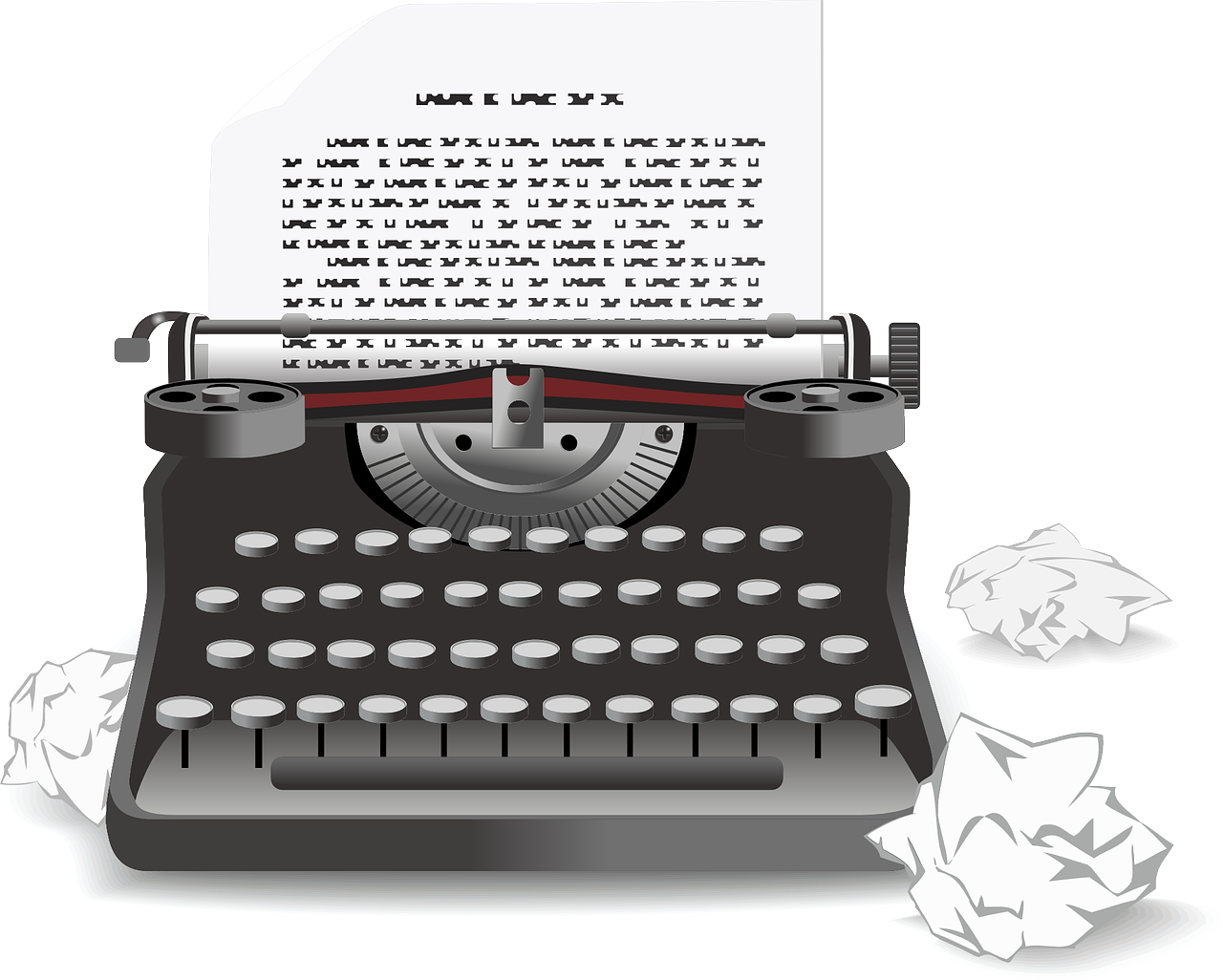Refresh your skills! Think you remember what you learned in grade school? High school? Think again. Does a comma need to be placed before “and” or “but”? Quotation marks or Italics for songs, names, titles?
One of the first things I realized after writing my first book, I wasn’t a good editor. I set out to fix that problem right away.
I know Word is very good at recognizing spelling errors, incomplete sentences and capitals. If you use a homonym (similar words like too, to, two) it won’t pick up on those mistakes. Only rely on Word as your first line of defense.
Use names sparingly when characters speak to each other. I learned that from my publisher. Think of how you talk. Do you repeat your friend’s name over and over again? Read your dialogue aloud. Does the wording sound realistic?
Read other blogs about editing. You can learn so much. I recently read a post that discussed the word “it”. The topic “What is it?” was the only thing discussed. Reading through my stories, I found many times I could have used a better word or rephrased so that word wasn’t used. “It” was easy to use; formulating a new sentence was harder. After trying it, I liked it much better. Oops! I just used that word…twice in that sentence! Sometimes it’s okay to do so, but let’s try again. How about this:
After trying it, I liked it much better. That was my original sentence.
Changed to:
After experimenting with a few sentences, I liked the new statement much better. This new sentence took away any question of what I was trying to say.
I could bore you about hyphens and numbers and a list of grammar lessons, but they are easy to look up. Don’t guess, double-check is my suggestion. (And after reading that back, a new slogan has been born.)
My last word of advice is to wait a few weeks after finishing a new manuscript. Look at the words with a fresh eye. If you begin to reread as soon as you finish, you’re too close to the story. You’ll miss mistakes.
Remember, you are the alpha reader of your story. You should enlist beta readers after you feel you’ve done your best. You don’t have to hire someone. There are groups who exchange services, family members and friends may volunteer. Be open to constructive criticism because in the end, you want your book to be error free and ready to be released to the world.
